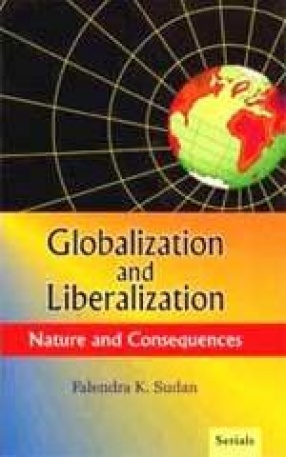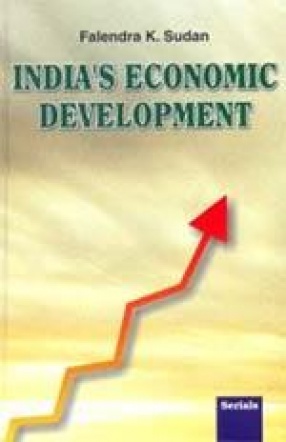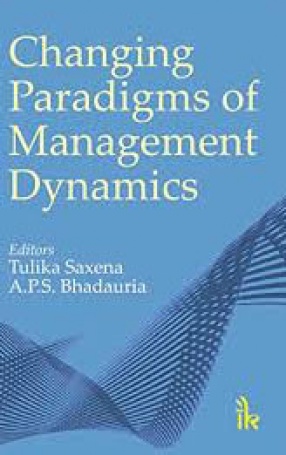Liberalization and globalization are both part of the economic reform undertaken by numerous countries including India in the recent past to give a new shape to their economies. Liberalization is the diminution of progressive elimination of the control of the state over economic policies. Purely internal liberalization confines its attention to the domestic and takes measures to make it more responsive to market forces. External liberalization, on the other hand, consists of relaxation of the state control in the spheres of foreign trade, foreign investment, and capital inflow and outflow in a country. On the other hand, globalization fostered by free flow of information and rapid technology is a deriving force that no country can turn back. It does impose market discipline on the participants, which can be harsh, but is the mechanism that derives progress and prosperity. Globalization is an ongoing process of international integration as a result of unprecedented acceleration in the flow of trade, assets, technology, knowledge, information, and ideas across national boundaries. With this backdrop, it is intended to look into the twin phenomena of liberalization and globalization to gain a better understanding of their nature and consequences, and fifteen scholarly papers are included in this volume.
Globalization and Liberalization: Nature and Consequences
In stock
Free & Quick Delivery Worldwide
reviews
Bibliographic information
Title
Globalization and Liberalization: Nature and Consequences
Author
Edition
1st ed.
Publisher
ISBN
8186771727
Length
xvii+269p., Tables; Figures; References; 22cm.
Subjects






There are no reviews yet.